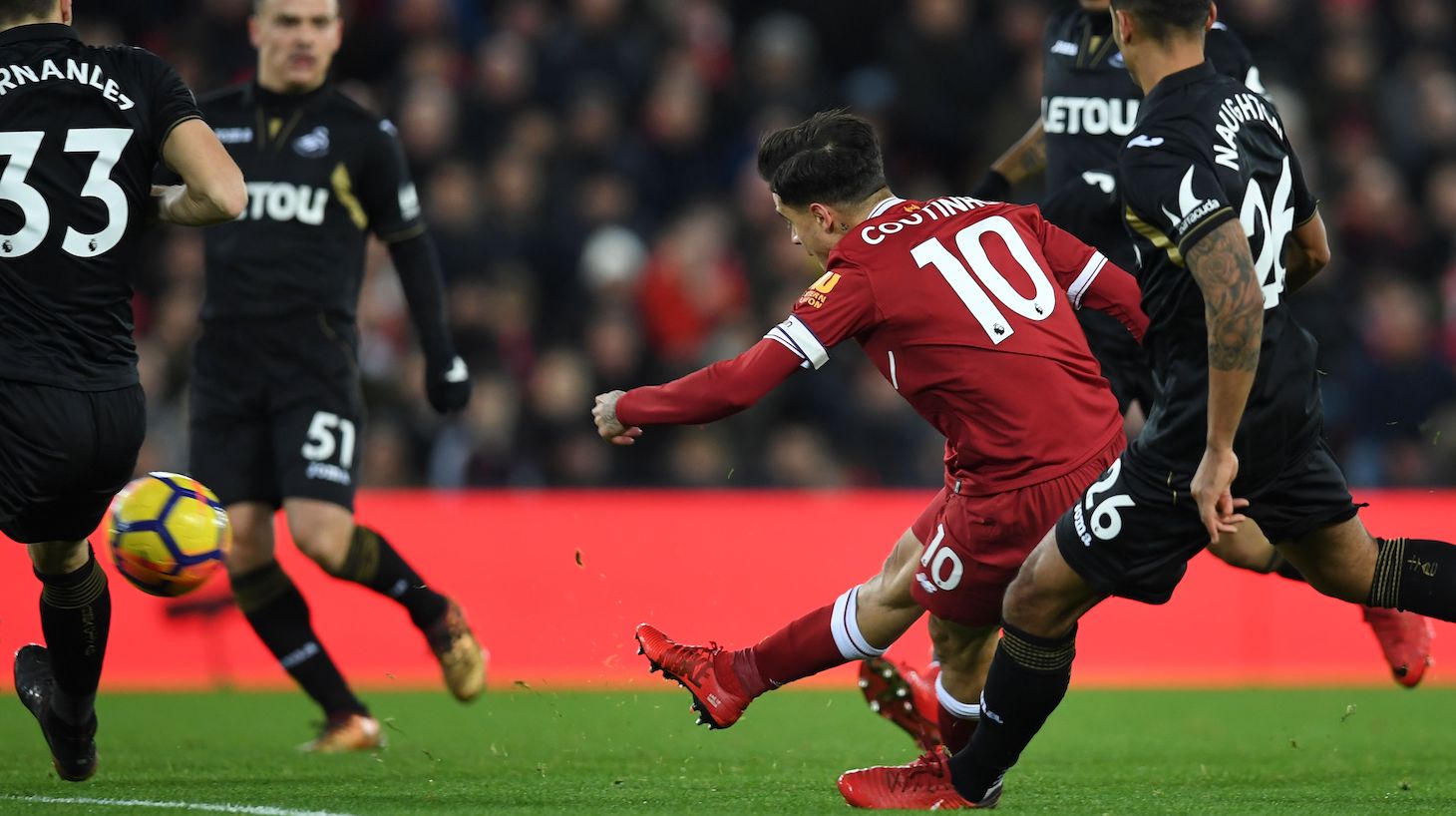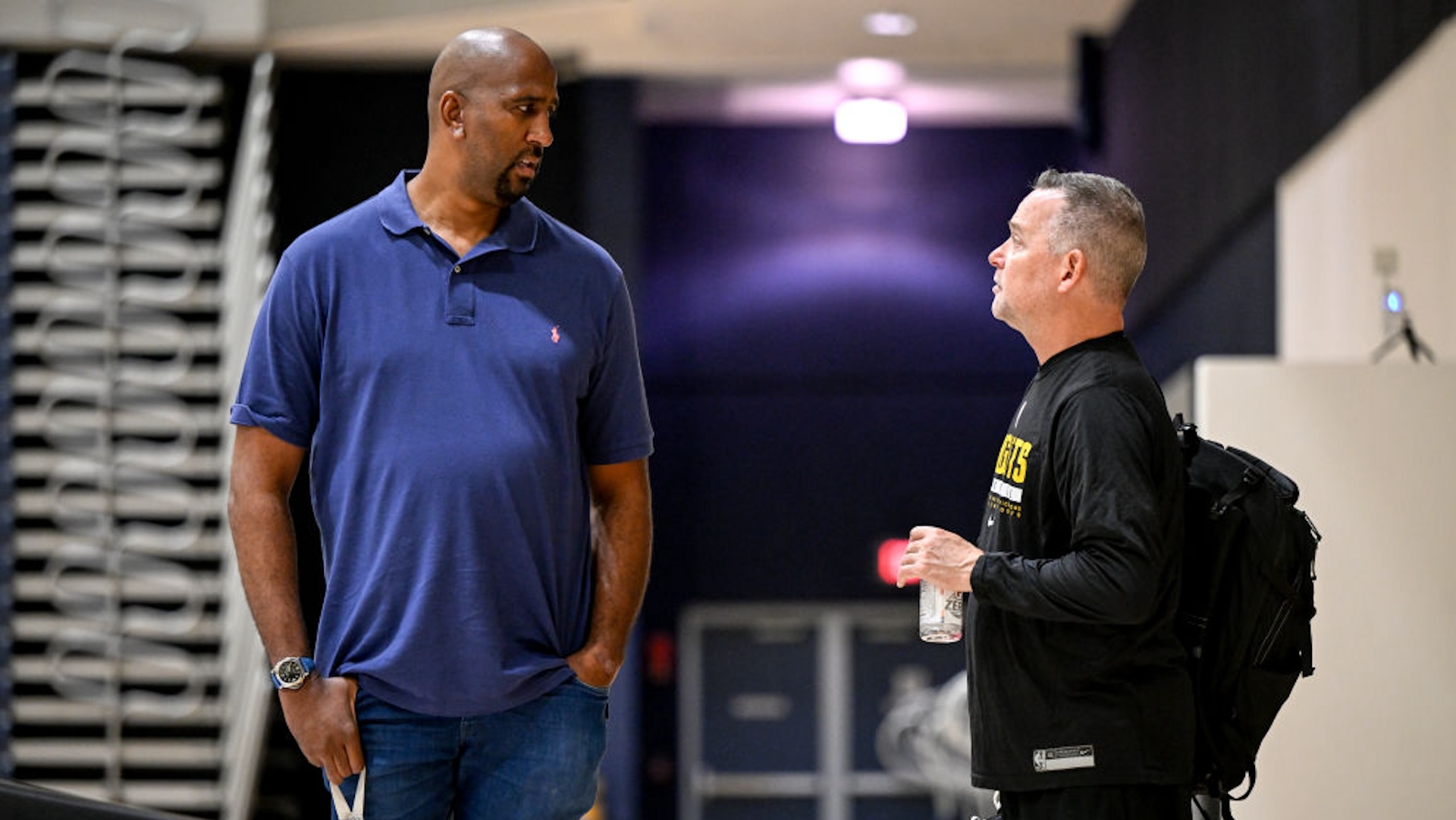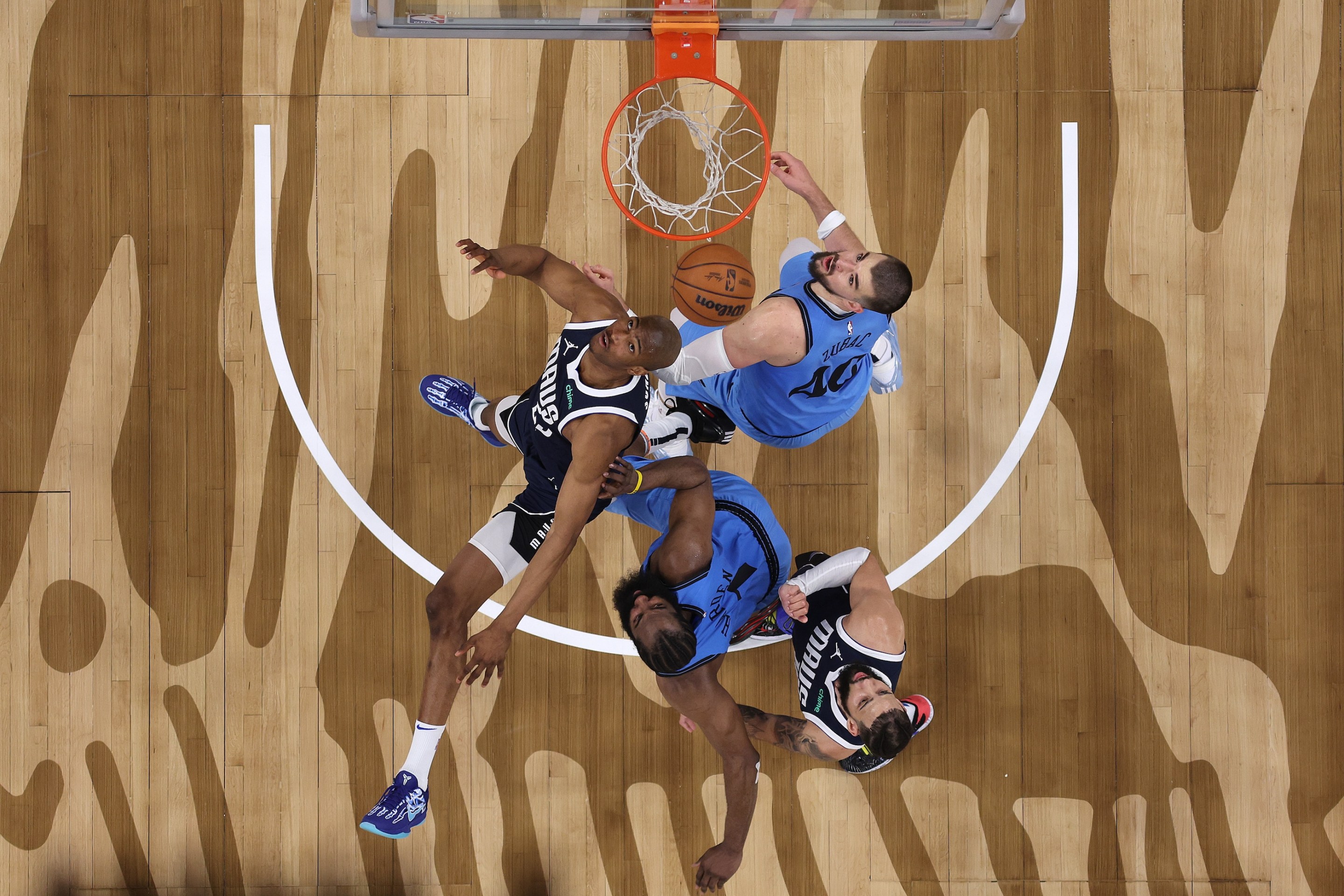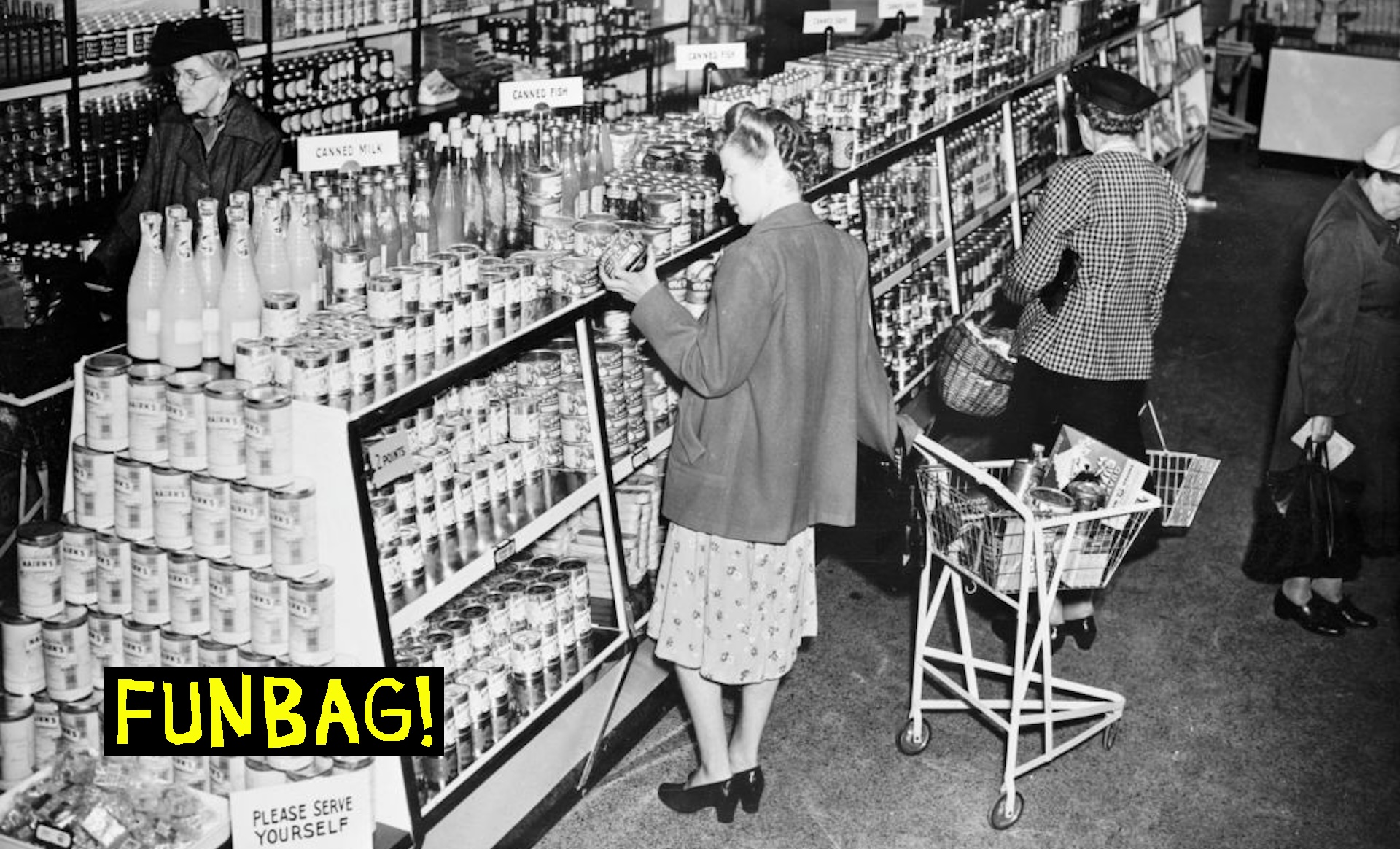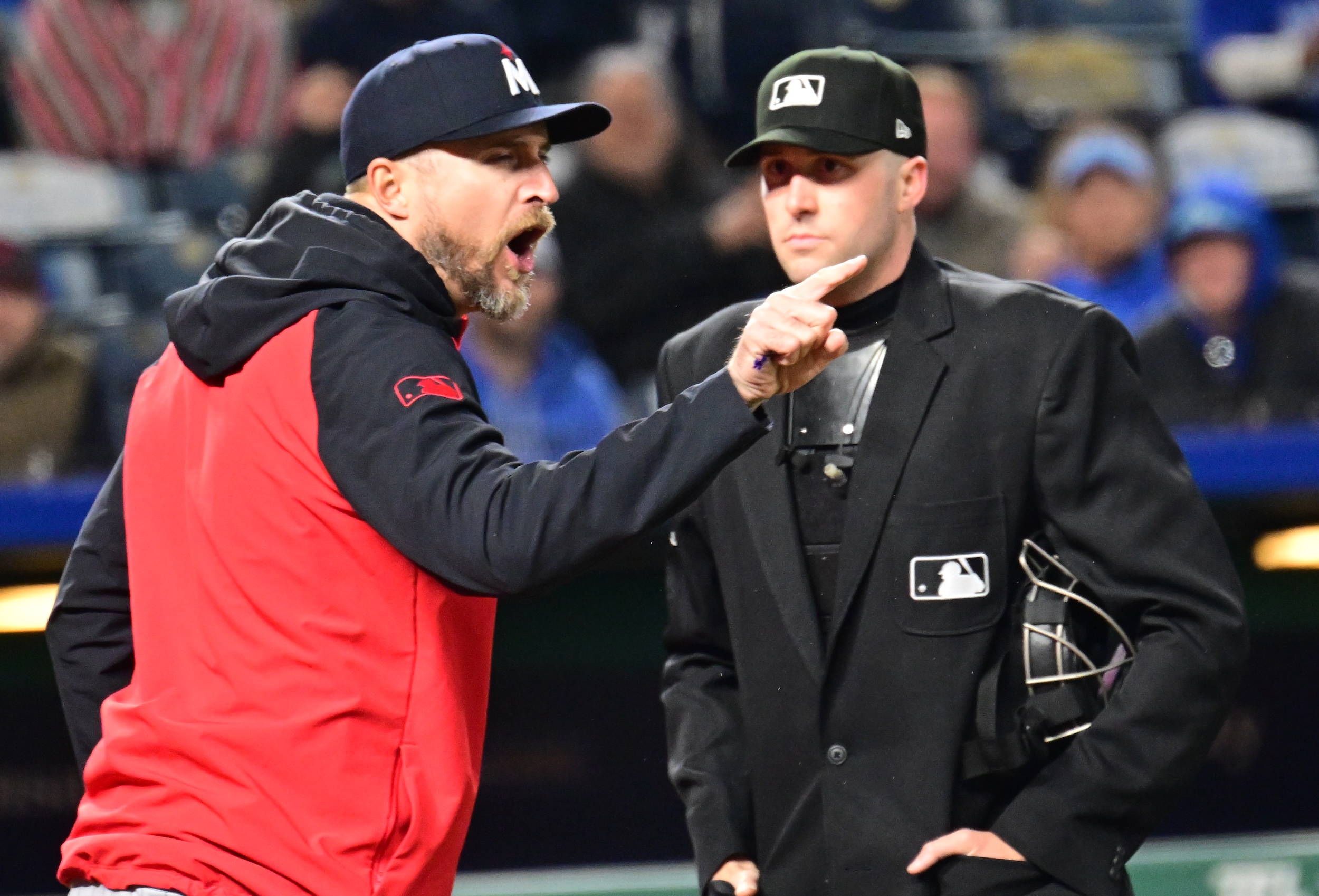It's not even so much that Philippe Coutinho was "bad" at Barcelona—though he certainly was that, too. The worst part, and the main reason why his dream move failed so spectacularly and why no one has yet put a final end to his misery by getting him out of Catalonia for good, is that the Coutinho at Barcelona looked absolutely nothing like his true, best self. However, now that his six-month loan back to the Premier League with Aston Villa is official, he will get his best shot yet to recover his old magic.
Welcome to Aston Villa Football Club, Philippe Coutinho. pic.twitter.com/5NiotkiMaa
— Aston Villa (@AVFCOfficial) January 11, 2022
There's no getting around it: Coutinho's transfer to Barça was ruinous. The Brazilian arrived at Barça at the peak of his powers. His final half-season at Liverpool in 2017, in which he endured intense pressure and personal unhappiness due to the contentious and prolonged transfer saga that started the summer prior to his eventual winter move, was the best spell of his career. He was his team's key man, the ruler of its attacks, the creator and finisher who decided everything that happened in the final third.
Today, Coutinho leaves Barça as a shell of his Liverpudlian self. Not only has he failed to recreate the skills that made him one of the most exciting attackers in the game—chiefly, that of an elite manager of a team's entire attacking play—it appears that he doesn't even remember how to do what once came naturally. He left England as a 25-year-old superstar, his entire prime ahead of him, heading to one of the very biggest and best clubs in the world. He's returning a 29-year-old bereft of confidence, lost of all direction, imbued with the stench of failure, robbed of at least the bulk if not the entirety of what should have been his best years as an athlete, and in need of a full restoration or reinvention of his identity as a player—all of which he will undertake at a club several levels below the tier he'd become accustomed to. His fall has been a tragedy of almost mythic proportions, and any comeback will require an almost equal but opposite trajectory.
Coutinho always looked like a questionable fit with Barça's playing style from the moment the rumors of the move emerged. His ideal game requires him to be empowered to go looking for the ball wherever it is, to grab the thing and play with it at his own desired pace, and to be granted the freedom and responsibility to control things in the final third as he sees fit. He was always unlikely to get that at a Barcelona that granted that kind of attacking freedom and authority only to Lionel Messi, while imposing upon the Argentine's companions much stricter and delimited roles built around patiently waiting for the ball to come to you rather than going to get it yourself. So much of what made Coutinho great was going to be impossible at Barcelona. Still, no one imagined the worst-case scenario winding up quit as bleak as reality proved.
After an actually quite solid debut half-season at the club, Coutinho started spiraling. He was haunted by the twin specters of the two phenoms he was signed to replace: Neymar and Andrés Iniesta.
Neymar, an attacker of similar ball-dominance to Coutinho, thrived at Barcelona because of how good he was even in a somewhat denatured form. At Barcelona, Neymar was able to sublimate his archetypically Brazilian instincts to follow the ball around the pitch and dally on it and invent according to his whims, and instead focus on 1-v-1 dribbles and final passes and finishing—in other words, focus on squiring Messi rather than competing with him for prominence. For those reasons, Neymar was perfect for Barça. (Also for those reasons, it took Neymar leaving Barça and building his own fiefdom at PSG for him to become his fully realized self.) Coutinho lacked those secondary traits that made Neymar such a lethal sidekick for Messi, and because Messi surpassed and usurped him in every other facet of attacking play, Coutinho could neither be his best self nor even a particularly good ersatz version.
His Iniesta impression was even more ill-fated, the two being almost exact opposites: one a high-volume risk-taker where the other was the epitome of security, one magnetized to the ball where the other knew how to make the ball come to him, one who liked to touch and think on the ball and the other who'd trained his whole life to know exactly what to do and where to go with the ball before it even got to him.
Coutinho couldn't be Neymar or Iniesta, and Barcelona signed him without any clear idea on how to integrate Coutinho-as-Coutinho into its team. In trying to cram his round-pegged skills into a square hole, Coutinho seemingly forgot how to be himself and to trust his instincts, so aberrant those instincts were to the positional game he found himself in, until all that was left was a timid, indecisive, useless husk of a formerly great player. Seeing this bombastic talent shrink into something strange and unrecognizable, and eventually wither away into nothingness, has been one of the more depressing stories in European soccer over the past few years.
But hey, the past is the past, and now Coutinho has the opportunity to start writing a new future for himself. That he'll attempt to do so at a club like Aston Villa makes it all the more intriguing. A few things probably motivated this particular move: Coutinho's desire to get some serious playing time in an effort to make it onto the Brazil roster for next winter's World Cup; the final hopes that he might yet come good at Barcelona dying with the firing of Ronald Koeman, who believed in Coutinho's talent and even got a couple great performances out of him at the beginning of last season before injuries and bad form sucked the Brazilian right back into the black hole; his faith that Villa manager and former Liverpool teammate Steven Gerrard will do everything in his power to unlock the latent abilities of what is now by far the club's most talented player.
That last factor was likely the most important one, and is the one that offers the most hope that Coutinho might be able to rekindle whatever spark is left. Gerrard saw up close what Coutinho can do at his best, and also what it took to get him there: trust, confidence, empowerment, and freedom. Like Carlo Ancelotti and James Rodríguez at Everton, the relationship between Gerrard and Coutinho will be the critical piece that inspires this attempted renaissance.
Nevertheless, the transfer isn't a no-brainer, at least not from Villa's point of view. The Villans aren't going anywhere this season, so you could argue that the decision to spend big money for half a season of a player who is at this point an unknown quantity is a little questionable. Will the addition of Coutinho upend the tactical setup Gerrard has already spent time building? How will it affect the growth of Emiliano Buendía and Leon Bailey (two promising summer additions who've yet to blossom at the club, and who themselves need time and confidence to reach their high potentials), and promising youngster Jacob Ramsey? Is taking a flier on Coutinho and everything that will entail really worth it when the difference between Villa with a good Coutinho and Villa with no Coutinho is probably something like the difference between finishing 10th in the table and finishing 14th? And even if Coutinho does crush it, wouldn't he then be more likely to leave next summer for one of the dozens of clubs bigger than Aston Villa than he would be to sign there permanently?
All of those doubts are well-founded, as is the broader concern that, after everything that has happened to him and the years that he's lost, Coutinho might just be done as a top-level player. But the possibility that he's not finished, that there are more surgical passes and pulverized top-right-corner benders and more blindingly white-verging-on-blue smiles from one of the great showmen of recent times, is more than enough reason to hope everything works out, whatever that means at this point.
